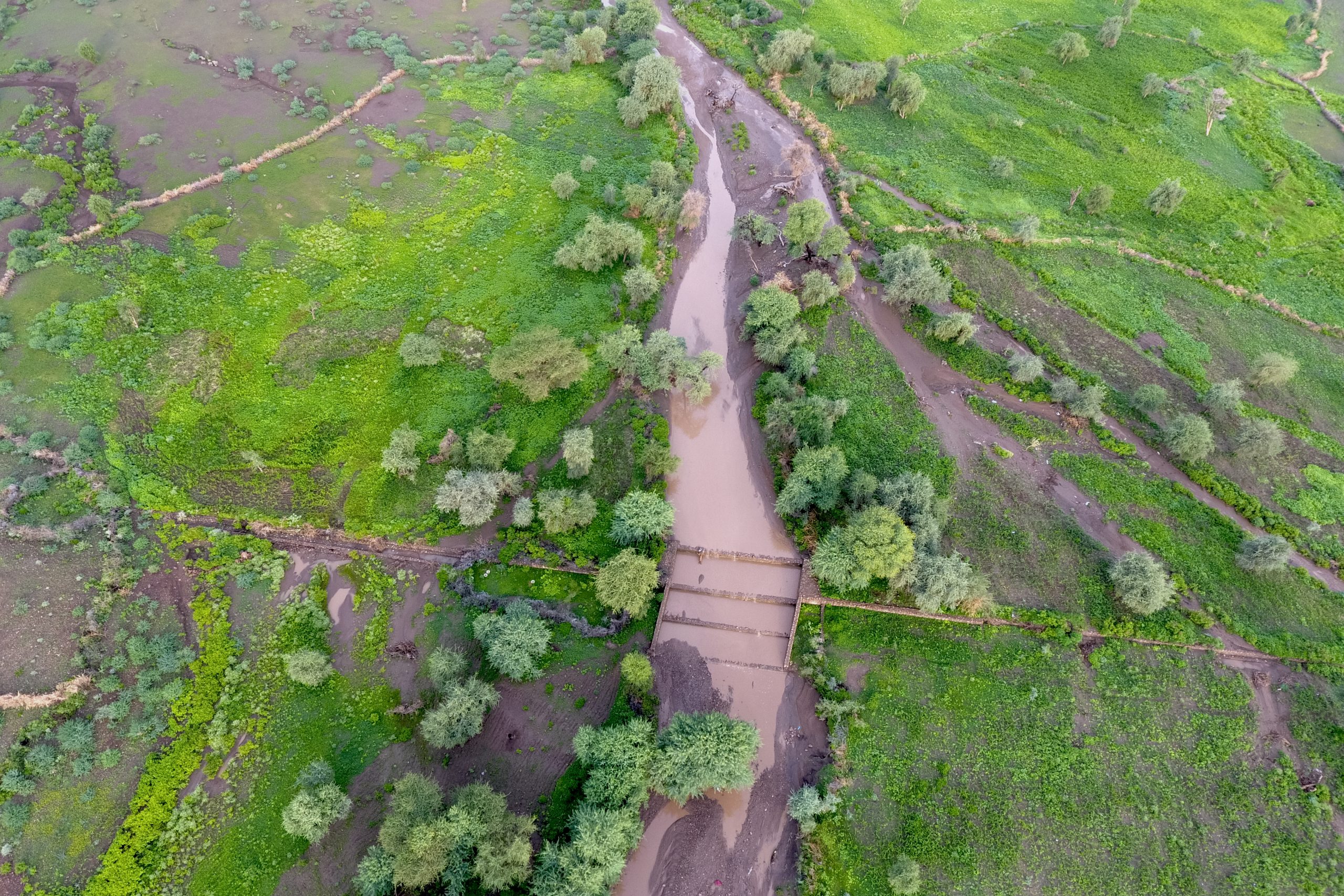- Shared presentation stage, 2nd floor Hub 3 located in Zone B7, building 88
- 14:00
- – 14:45
- Gulf Standard Time
- 4 December 2023
The Critical Role of Water in Keeping 1.5°C: Flagship Event of the Global Commission on the Economics of Water
- Global event
The COP28 climate negotiations in Dubai can be a critical opportunity for a significant breakthrough. After nearly three decades of climate negotiations at the UN and a decade since the founding of IPBES, it is imperative that we stop overlooking water-related issues and swiftly address the interlinked challenges climate change, biodiversity loss and tilted hydrological cycle to preserve the planet’s vital functions, upon which human life and wellbeing rely.
This requires a fundamental shift in economics, to adopting strong sustainability principles, where the economy – at all scales – operates within scientifically defined boundaries. This translates to finite budgets of environmental systems, like water, biodiversity, carbon, nitrogen, phosphorus, and soils, which form the basis of our welfare. The role of the economy is to operate within these budgets in an efficient and socially responsible way.
A water lens provides an opportunity to build solutions through a systemic and collective approach, in line with the scale and pace of global change. Such solutions require rethinking finance, regulation, trade, infrastructure, technology, development and equity. These solutions must be cross-sectoral and mission-oriented, and mobilize patient, long-term finance.
The ambition of this session is to socialise the messages above, explore the conditions to building coalitions for the appropriate courses of action, paving the way for future partnerships with country champions and IFIs.
Speakers and Panelists
- Ngozi Okonjo-Iweala, Director General WTO and Co-Chair of the Global Commission on the Economics of Water
- Professor Mariana Mazzucato, University College London, Professor in the Economics of Innovation and Public Value at University College London (UCL) and Co-Chair of the Global Commission on the Economics of Water
- HE Reem al Ashimy, Minister of State for International Cooperation, UAE
- HE Freda Prempeh, Minister for Water & Sanitation, Ghana
- Dr. Mohamed C.B.C Diatta, Sherpa of President Macky to the HL Panel on Water Investment for Africa, Senegal
- Saroj Kumar, Global Director, Water Global Practice, WBG
- Gim Huay Neo, Managing Director, Centre for Nature and Climate, WEF
- Wendy Broadgate, Executive Director of the Earth Commission, and Global Hub Director, Sweden, Future Earth
Moderated by Dr Musonda Mumba , Secretary General Ramsar Convention.
Guiding questions
- How do we mobilize patient, long-term finance to support such transition?
- What are (examples of) partnerships models, governance structures and scales of operation to catalyze the transition and unlock financial means and innovative capacity across society?
- How can trade agreements contribute to food security without compounding the water crisis?
- Under what conditions can trade in water-intensive commodities promote a better allocation of a scarce resource and alleviate water stress?
Related news

What does water have to do with youth unemployment?
Elin Adolfsson, Policy Consultant, Global Commission on the Economics of Water In countries where the economy is highly dependent on agriculture, water scarcity isn’t just

IWMI to host Secretariat of the Global Commission on the Economics of Water
International research and innovation institute will facilitate next stage of the Global Commission, as it shares its recommendations for action.